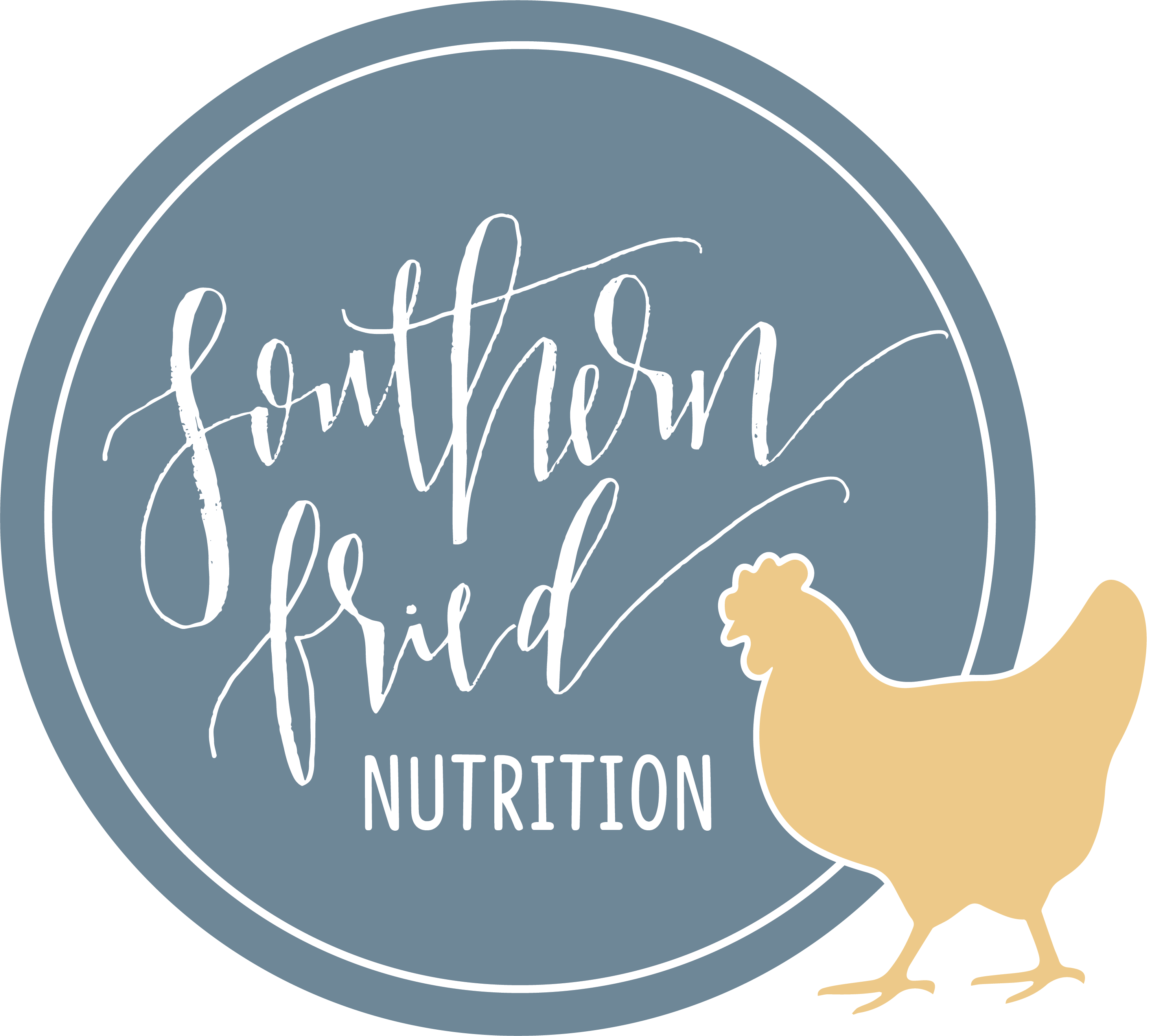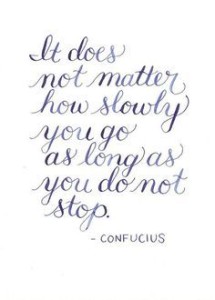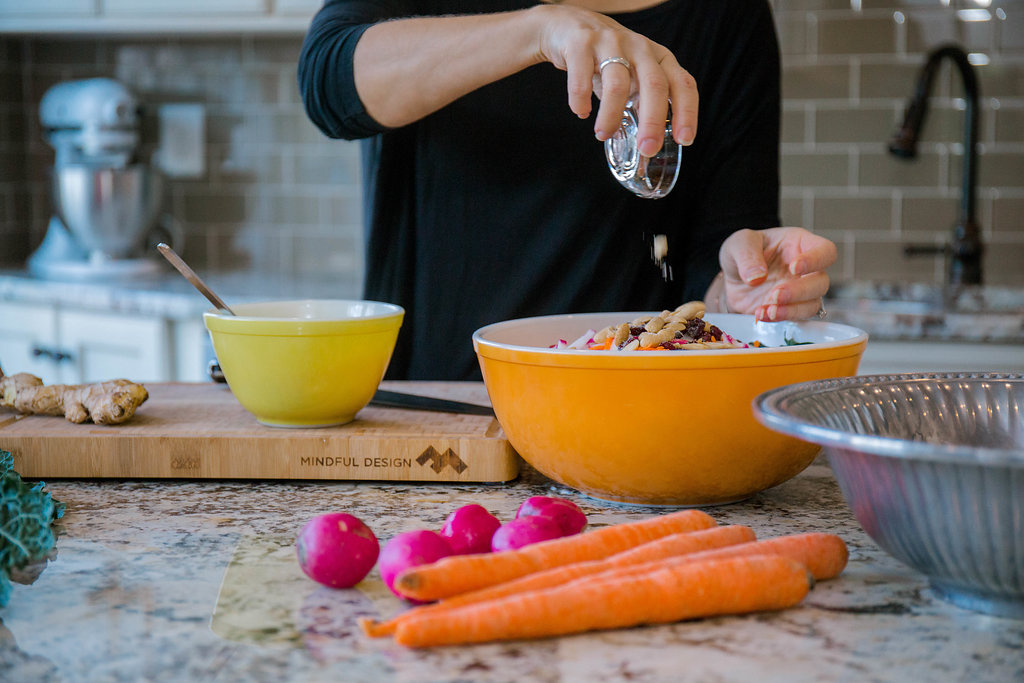I hear so much negativity in the world of food these days. “You’re not going to eat THAT?! Are you? I never eat processed foods. Gluten is what’s killing people. GMOs are causing allergies and disease. Never eat {fill in the blank} because they’re swimming in pesticides.” And on it goes – the litany of fear mongering around foods you should never eat.
I don’t do that. Listen, I’m not the Food Police! Making foods bad really doesn’t advance the cause for good eating and good health, in my opinion. Sure, there are lots of things that you should eat less often – and even some things you should probably avoid. But focusing on fear and avoidance isn’t the way to enjoy more freedom and joy in your relationship with food – and with others for that matter.
What do I do instead? I focus on what we should eat more often. Healthy eating isn’t super complicated or unattainable. It does not take a nutrition degree to make healthful meals for you and your family. You just need some simple guidelines, a handful of cooking skills, and a commitment to do better each day. Working with a registered dietitian CAN be a great way to jumpstart your transition – especially if you’re far from eating healthy (like if you eat a steady diet of fast food and sodas) or if you have a history of, or are managing, a chronic illness. If I can help, let me know. Meanwhile, here are some ways to get started: Instead of focusing on what NOT to eat, focus on what you SHOULD eat.
- More produce (conventional or organic) – aim for 5-10 servings per day and check out this recent post for ideas. Follow me on Instagram for inspiration.
- Whole grains in their unground state more often. There’s nothing wrong with bread or pasta and I eat them regularly. But, try to incorporate cooked whole grains as side dishes such as cooked quinoa, in mixed entree salads like this Greek Barley Salad, and for breakfast as whole rolled oats for instance.
- Go vegetarian – at least one day a week. Give up the meat portion once a week to get yourself familiar with plant-based proteins like beans, seeds, nuts, and tofu. You’ll be amazed at how satisfying vegetarian meals can be.
- Drink plenty of fluids. Water is an excellent choice most of the time and unsweetened tea (especially green) is good too. Coffee can be enjoyed in moderation and so can alcohol.
- Incorporate fermented foods and sources of pro and probiotics. These help balance your gut microflora and encourage good digestive health, can strengthen the immune system, and my prevent many diseases. Kefir, kombucha, yogurt, and fermented vegetables are just a few easy to find and incorporate foods.
Start with one of these, then add the others one at a time. Don’t focus on being perfect – just take it one day at a time and accept setbacks as part of your journey. As Confucius says, “It does not matter how slowly you go as long as you do not stop.” Enjoy your food and knowing that you’re making good choices for your health. And…ignore the Negative Nellie’s out there – their stress isn’t good for your health.


